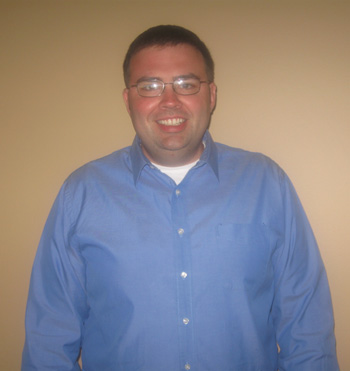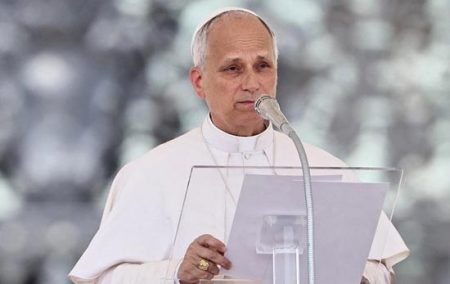Listening to God Speak
 |
| Rev. Russell Pierce shares with his wife, Rev. Kathy Pierce, the ministries at Berry Temple and Oakley United Methodist Churches. |
by Reverend Russell Pierce
I have a deep love of history and have enjoyed immersing myself in the local history of all the communities where I have served.
I am enjoying seeing some of the similarities between Oakley and Asheville’s East End. Both of them were torn up to make way for Interstates or other roads. Oakley was actually cut in half. Obviously the East End suffered far more damage, but some of the same feelings of dislocation happened in Oakley. I didn’t see that until I began to learn more about Berry Temple and its community.
Even from the time I first was called into the ministry, I recognized
that calling included an expectation that I would be used to bring
change to the church. I find that daunting and exciting. I recognize
that much of the way most congregations are “doing” church is rooted in
19th century (maybe early 20th century). Up through the 1950s, many of
these ways of doing church (women’s mission groups, men’s groups,
revival-style worship and preaching), were very effective. The world
has changed so much, however, that they have ceased to be effective in
meaningful ways. I heard someone say recently that many of our churches
make them feel as if they’ve walked onto the set of the Brady Bunch
because it feels like the 1970s. That was painful to hear, but it is
not too far off from how most young people feel.
We live in a day and age that has far more in common with first-century
Christianity than it does with 1950s Christianity. We live in a world
that is increasingly fragmented, with multiple religious options before
everyone. We must learn again how to read the culture, how to be part
of the culture we live in, and how to connect the Gospel Story to the
story of people’s lives. It is time for us to become missionaries
again. It is time for our churches to stop expecting people to come to
them like a community club and for us to start going out to the
community like we’re a mission station. For example, we live in a town
with a significant tourism industry. A lot of people work in that
industry and their busiest time is the weekend. They will never be able
to be an active part of a Christian community if the only options they
have are weekend worship.
I honestly believe God is actively and powerfully moving in our
community and culture. We must learn how to listen deeply to God’s
Spirit speak to us again so that we can be part of God’s work in the
world. Having served in England, I’ve seen how rapidly congregations
and even denominations can decline. I have also seen, however, the way
God can reignite the imaginations of His people, empower them to serve
Him, and enable them to creatively respond to His work in the world.
I’m particularly excited to be pastoring the two congregations – Berry
Temple and Oakley – at this time in their lives. They have both
experienced (in different ways) the challenges that this new culture
poses for us. Again there is something frightening in recognizing that
we can’t keep doing what we’ve been doing and expect the results to be
different. One of the reasons I study the history of the churches I
serve so closely is to find those moments when the congregations have
done something bold, courageous, and even innovative.
Generally, there
is something in the congregation’s DNA that will give us a clue to who
we are called to be in the future. I don’t mean that absolutely
everything has to change; there are always strands of who we are that
will and should stay with us. We might just need to present ourselves
differently.







